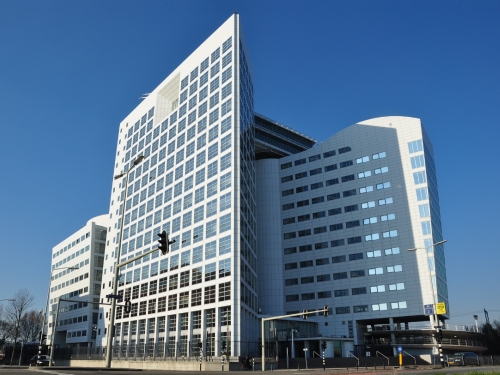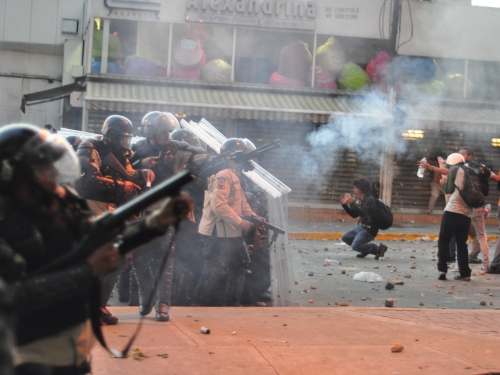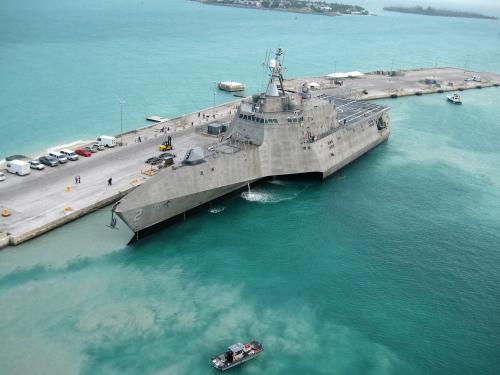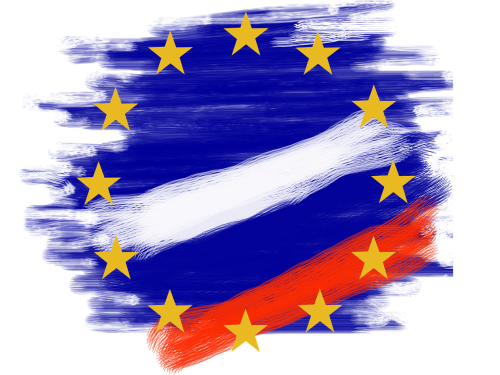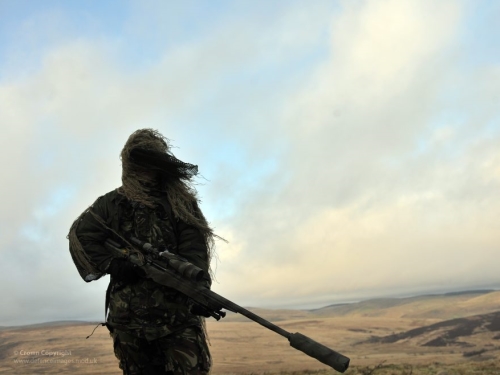
This article was originally published by Friends of Europe on 16 December, 2014.
The European Space Agency’s recent bull’s eye shot at a comet shows Europe can be at the cutting edge of innovation when it pools its national efforts. If Europe were to do this for defence, it could regain the global power status it enjoyed before World War I.
Today the EU28 spend only half as much as the United States on defence, even though their combined population is larger. Several factors account for this. First, even if the larger European states were to significantly increase their defence spending, they lack the economies of scale to project power meaningfully. The same would be the case if the United States were divided into many entities with their own separate defence establishments. The smaller European states have even less incentive to increase defence spending since they believe that this would have little impact.

